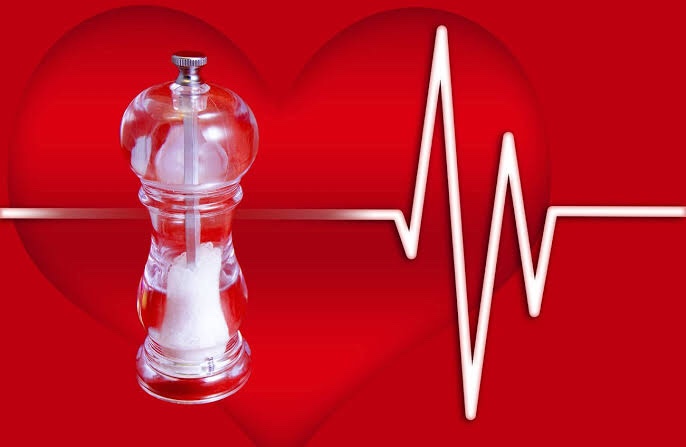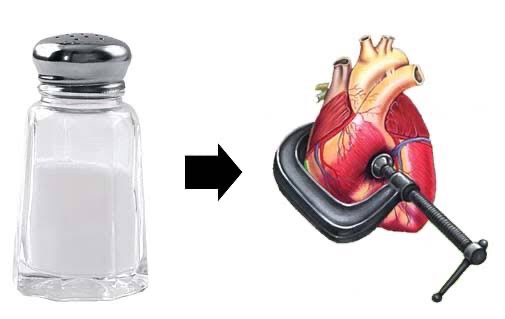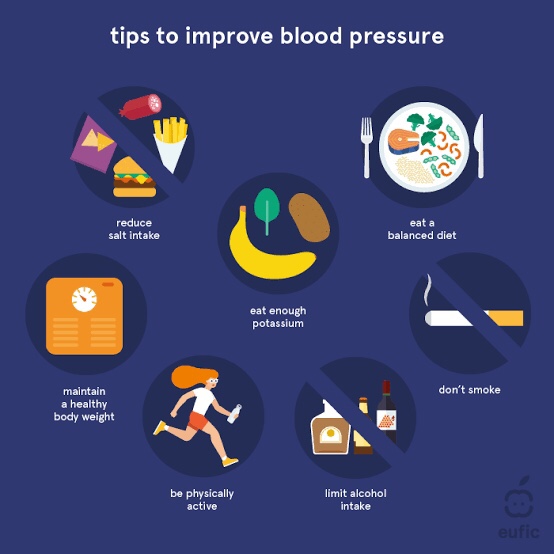Autumn and winter, like any other season, bring their own set of ailments and health issues.
Extreme weather changes make it difficult for the human body to adjust to the changes quickly, and as a result, some of us become ill when the seasons change. People neglect the impact of a dip in temperature on our hearts as they focus on flu , temperatures and cold.

Our arteries and blood vessels narrow as the temperature drops in the winter, increasing the risk of heart attack, heart failure, and stroke, especially for those with underlying problems.

Furthermore, in order to keep the body warm, the human heart works harder than usual, causing blood clots and artery constriction, which raises blood pressure. During the winter, angina, or chest pain caused by coronary heart disease, can become more severe. Another concern is seasonal emotional stress, often known as Seasonal Affective Disorder (SAD), which affects up to 10% of the population and can cause stress hormone levels to rise, raising the risk of heart failure and stroke.

Acute chest congestion is the most prevalent symptom of a heart attack. Men and women, on the other hand, have different symptoms.
While men may experience nausea or dizziness on occasion, women are far more likely to experience atypical symptoms such as dyspepsia, unusual exhaustion, and lightheadedness, which may lead them to ignore the warning signs.
The most common signs of a heart attack are:
• Sweating
• Shortness of breath
• Chest, shoulder, back and upper abdominal pain
• Nausea and vomiting
• Dizziness and fainting.
These indicators may differ from one person to the next. Some people are in excruciating pain, while others have no symptoms yet are still in grave risk.
• Maintain a healthy heart
• Monitor your blood pressure on a regular basis
• Keeping your blood pressure in check can help you avoid a heart attack
• Maintain a well-balanced, healthful diet. Avoid eating too much salt, which can accumulate in your body owing to a lack of perspiration, overworking your heart.
• Maintain a comfortable temperature and implement the required stress-reduction measures.
If you think you’re having a heart attack, get to the nearest emergency room right away.


